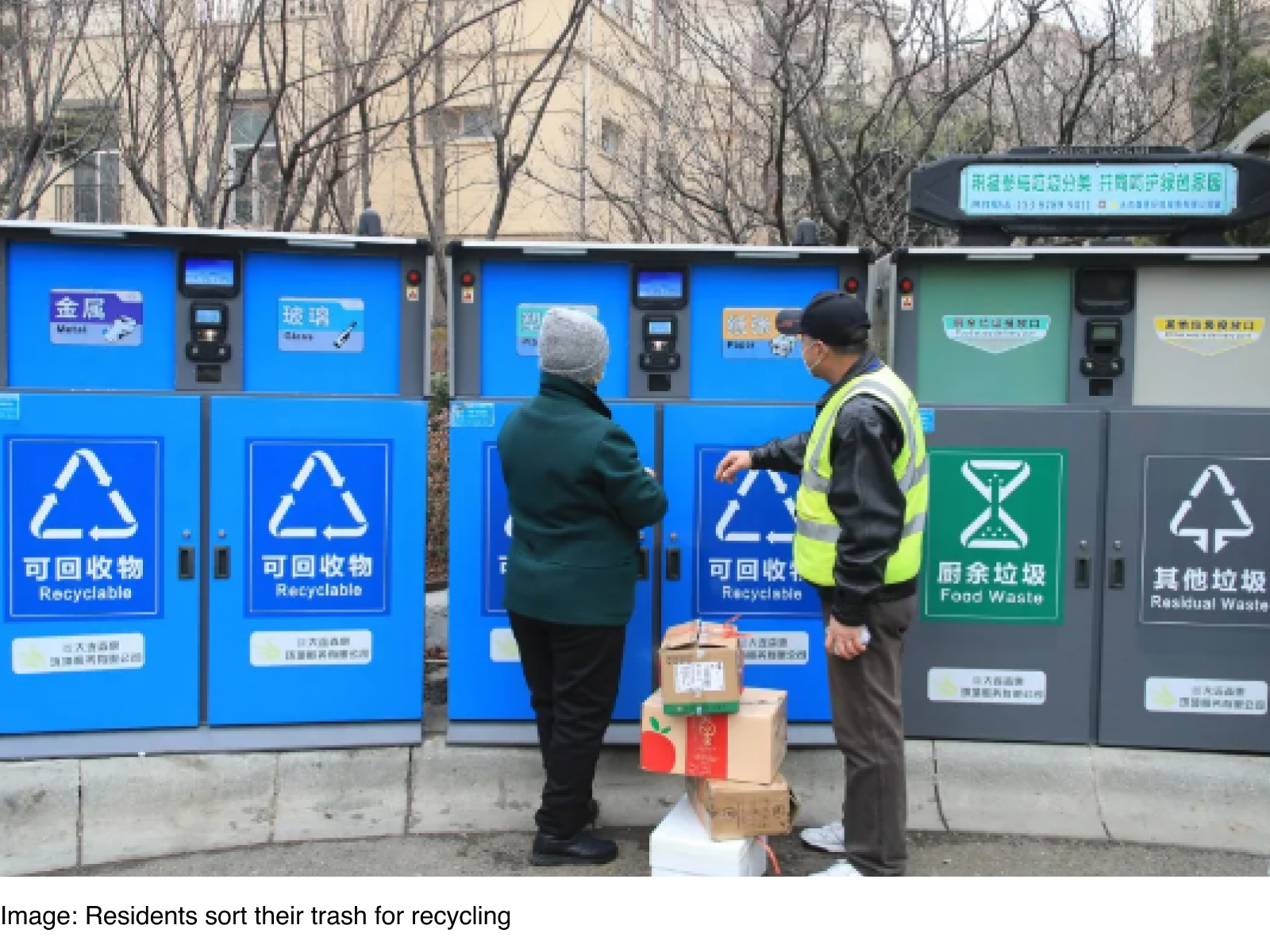If you asked anyone just 10 years ago what country would be the world leader in promoting sustainable development and consumerism, nobody would have thought that China would be the one, much less the top 10. However, as the world heads into the second decade of the 21st century, it is China that is not only taking the lead in many current aspects of sustainable government policies and sustainable consumer behavior but is also poised to become the trend-setter for sustainability in the future.
Government's Net Zero Target
At the macro level, the Chinese government has set some of the most ambitious goals for reducing emissions, aiming to reach peak emissions before 2030 and achieving net zero by 2060. Take into account the fact that the other countries striving for similar goals are far more developed, have less population and have much higher per capita income than China, and the epic scale of these sustainability goals becomes startingly clear. Those who doubt that the country has bitten off more than they chew should know that the country has undergone a similarly fundamental transformation within living memory of those as young as 30 years old and that when the government sets its sights on something, they have the willpower and economic means to implement policies to help them achieve progress towards those goals.
Just take the government policies towards new energy vehicles (NEVs, battery and hybrid vehicles) as an example. When they began implementing these policies in 2009, China had practically non-existent NEV sales and had no major NEV companies in the industry. Fast forward to today and 55 billion USD in just consumer side subsidies later, Chinese consumers are buying 2 out of every 5 electric vehicles sold in the world, almost 100% of the public buses in the country are electric, and the Chinese EV industry contains more models and companies than anywhere else in the world. This is proof positive that the government can not only talk a big game, but can also back up its words with game-changing policies and action.

Consumers' Desire for a More sustainable Lifestyle
The government is not the only sustainability stakeholder that is invested in these goals however, as Chinese consumers themselves are gung-ho for averting climate change. Chinese consumers rank very high in sustainability concerns compared to first-world countries and are very optimistic about achieving the seemingly astronomical net zero target set ahead of them. This shouldn't surprise anyone who has witnessed China's transformation to a highly-centralized command economy to a more liberalized market economy starting from the 1990's. Many millennials who grew up in the countryside of China can remember growing up in what would today be considered abject poverty yet can enjoy all of the most modern conveniences of the 21st century in their lives today. As a result, many Chinese consumers feel confident that China that transform itself again in a span of time that Westerners would feel is impossible.
Despite this comparatively bright outlook for being able to step up to the challenge of combating climate change, Chinese consumers are motivated by vastly different drivers than their Western counterparts. Compared to Western consumers, the drive for sustainable goods is more internally focused although there is an increasing trend towards being driven by social benefit as well. The main drivers for sustainability for Chinese consumers are food safety and health, due in large part to truly deplorable food scandals of the past and almost apocalyptic environmental conditions that were impossible for consumers to ignore. News stories such as the infamous milk powder scandal of 2008 and the numerous reports of sewer oil being used in restaurants made Chinese consumers highly cautious and sensitive to food-related contamination, while their sensitivity to environmental contamination didn't even require news stories or reports as their cities were covered in such thick clouds of pollution that the government advised citizens to not venture outside unless absolutely necessary.
That being said, Chinese consumers still face a dilemma when it comes to buying sustainable products. Although the majority of Chinese consumers across all demographics agree that sustainability is important and feel that sustainable products can help them better manage their food safety and environmental concerns, most are unwilling to pay a significant price premium for sustainable products. All mainstream consumers are very sensitive to price and are unwilling to pay more than 10% for a sustainable product, but that isn't to say that all Chinese consumers want all the green benefits without shelling out the cash. As income level increases and age level decreases, price sensitivity decreases on both accounts, which means that as younger consumers grow up and begin to earn more, they will both have the willingness and the means to support sustainable companies and buy more sustainable products in the future, so the market for sustainable products will be growing rapidly as these consumers mature physically and financially.

New Sustainable Trends
In terms of current and future trends on consumer sustainability, the sustainable products industry is generally adhering to the same trends affecting retail overall, such as the increased emphasis on KOL marketing and greater preference towards transparency. Chinese consumers look to KOLs who are the living embodiment of sustainable lifestyle and it is from these influencers that they are exposed to new concepts, new ways of living, and, most importantly for marketers, new products to support their sustainable aspirations. On the other hand, Chinese consumers are very sensitive to KOLs and companies green washing their images or just trying to jump on the bandwagon by bandying about some environmentally friendly buzz words without actually walking the sustainability walk. The same goes for companies that just tout their mission statements or release PR statements that are full of hot air and promises and empty on tangible actions. Moving into the future, many Chinese industries will find themselves at the forefront of sustainable development, surpassing even their Western counterparts.

Thanks to the inevitable implementation of more green policies and initiatives by the government in their efforts to reach net zero by 2060 and a Chinese consumer that is increasingly willing to buy sustainable products, the sustainability field in China will only be getting 'greener' and wider, so don't be surprised when you see Chinese companies the cutting edge of sustainable development and Chinese consumers leading the way in sustainable lifestyles.




